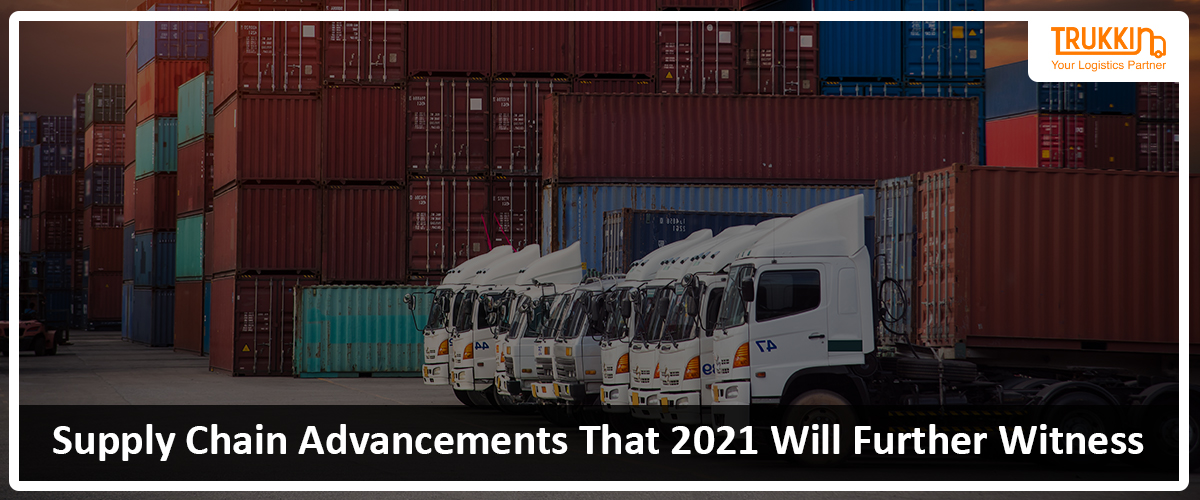What is digitization in the Supply Chain?

Digitization in the supply chain certainly plays a crucial role in today’s testing time of COVID -19, where physical meetings should be avoided as much as possible. Carrying out paper-based work and face-to-face interactions has become tough-if, not impossible, making various interruptions in the supply chain. Digitization is the key to ensuring a smooth flow of the supply chain functions for all vendors and suppliers.
What is digitization?
Digitization refers to the process of converting information, details, and products into digital data. Once transformed, it certainly enhances and upgrades the processes involved in carrying out the different operations of the company. Digitizing supply chain processes can certainly improve visibility and make sure that it’s flow does not get impacted because of outdated systems.
How does it impact the supply chain?
Digitization brings innovative technological advancements that can truly transform the modus-operandi of a supply chain network. It gives them two-fold advantages in terms of speed and cost. Having the opportunity to take swift strategic decisions that enhance operational efficiency and result in increased sales. Increased transparency for all members throughout the supply chain network can help them gain full control over their functions.
Probable challenges to digitizing
As companies begin to digitize, the process will be time-consuming and expensive but will provide effective results when equipped with a professional approach. Thus, they need to choose the right strategies in place; what works for one company may not necessarily work for another.
Also, the issue of cyber-threats must be dealt with as the business becomes digital. No company can afford a compromise in terms of keeping its digital data secure from cyber-attacks. Digital data helps all parties involved in trade get higher traceability in times of uncertainty and constant change.
The Supply chain of the future
Digitization is no longer an add-on facility; instead, a requisite need for companies looking to sustain and grow their business. It will also solve the information divide across all the customers and suppliers by integrating all kinds of tracking details ranging from the estimated time of arrival to storage spaces.
The business benefits from effective supply chain management are immense, ranging from revenue growth, significant waste control to having the enhanced ability to provide value-added services to their users.

